News

Helping Early-Career Researchers Navigate NSF Cybersecurity Funding
GW's Adam Aviv and UMD's Michelle Mazurek helped organize a workshop focused on developing competitive NSF proposals.

Study: Future AI Needs Stronger Safeguards
UMD’s Furong Huang co-led a study finding that today’s AI “guardrails” may fail to stop harmful behavior in more powerful future systems.

Huang Awarded Open Philanthropy Grant to Study Evasive AI Behavior
UMD’s Furong Huang will use the funding to create AI safeguards that distinguish between models that merely perform safe behavior and those that genuinely adhere to safety rules.

AI Goes to School for Math-Instruction Study
UMD’s Jing Liu is leading a three-year, $4.5M project to use AI and real-world classroom data to identify effective teaching practices and boost struggling middle-school math performance.

Building Trust in AI, One Block at a Time
UMD’s Sheena Erete, Hawra Rabaan, and Tamara Clegg, along with Morgan State’s Afiya Fredericks, are building a community-driven AI literacy program that empowers middle school students and their parents in resource-constrained communities.

GW-NASA System Wide Safety (SWS) Collaboration Advances GW Aviation Safety Research
GW’s Peng Wei led a NASA project that developed and flight-tested AI-driven safety systems to manage risks for drones and emerging aircraft, culminating in a NASA workshop at GW.
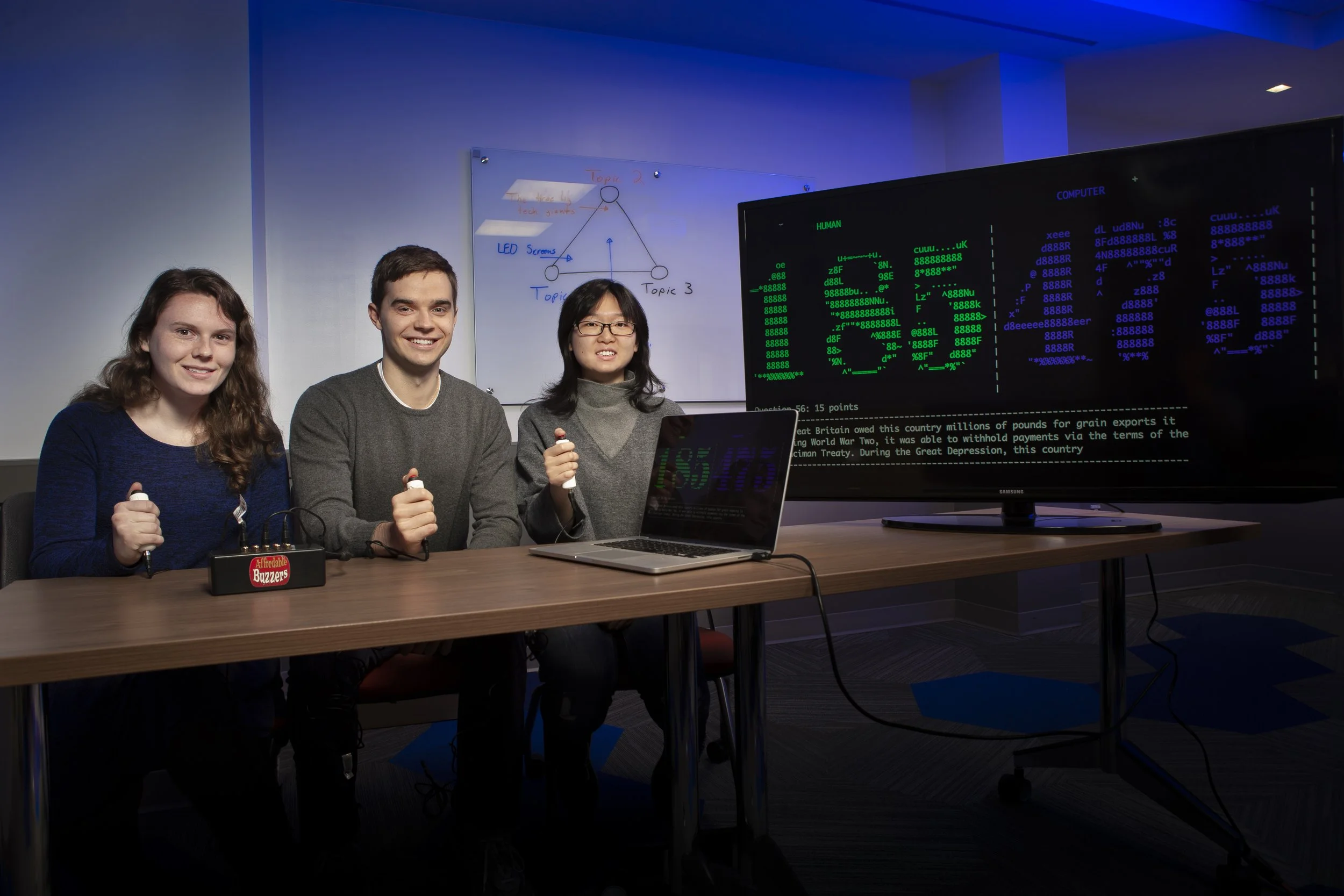
Humans and AI Join Forces
UMD researchers revamp quizbowl competition to better gauge trust and collaboration between people and machines.
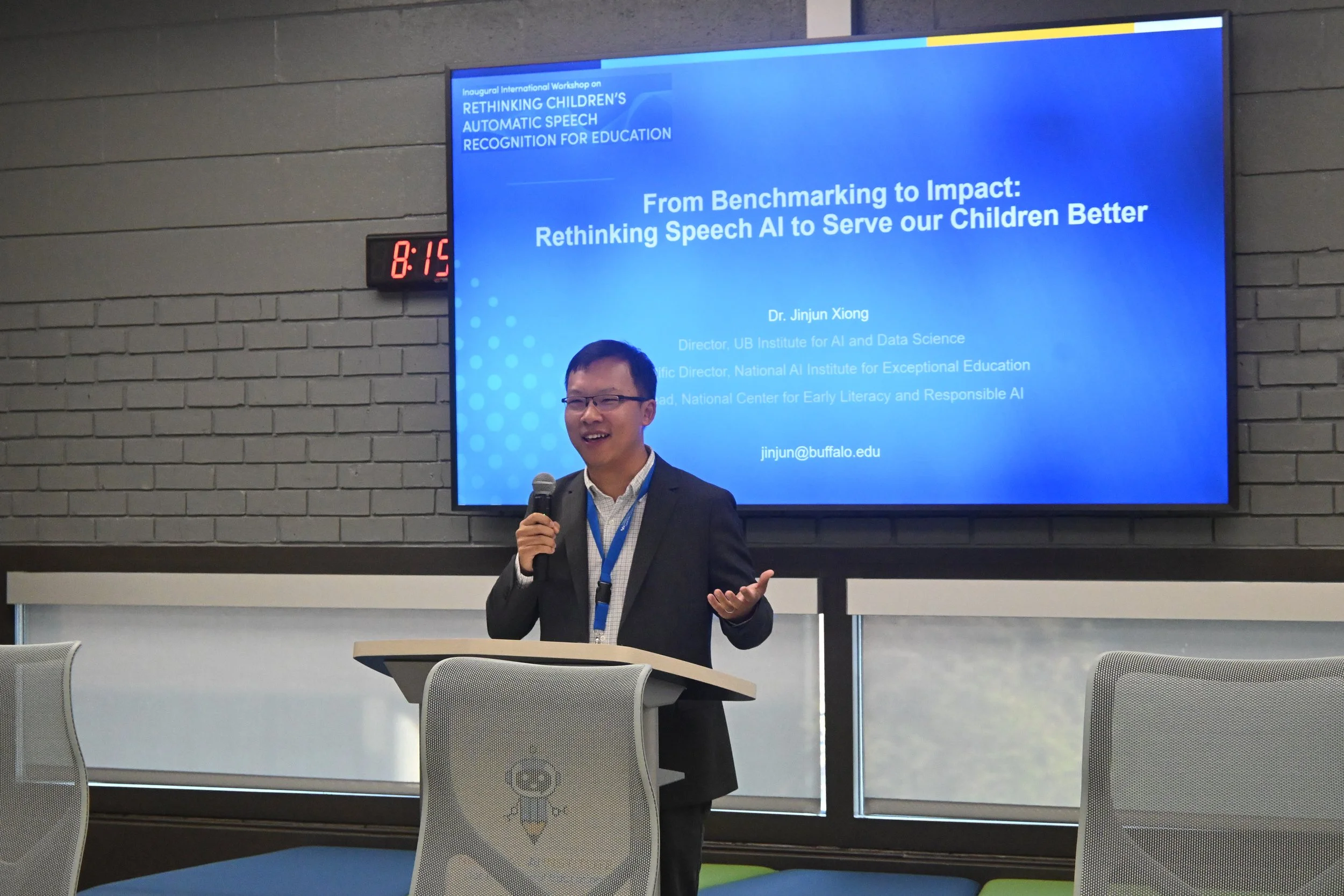
UMD Faculty Member Co-Hosts Workshop to Advance Automated Speech Recognition Systems Used for Education
UMD’s Jing Liu helped organize the event, which focused on improving the volume and quality of speech datasets used for children’s education.

AI Already Beat Jeopardy’s Ken Jennings, Are Any of Us Safe?
UMD’s Jordan Boyd-Graber participated in a Q&A with The Baltimore Sun about AI singularity, stressing that while it’s unlikely in the near term, the greater concern is how bad actors are already misusing AI today.
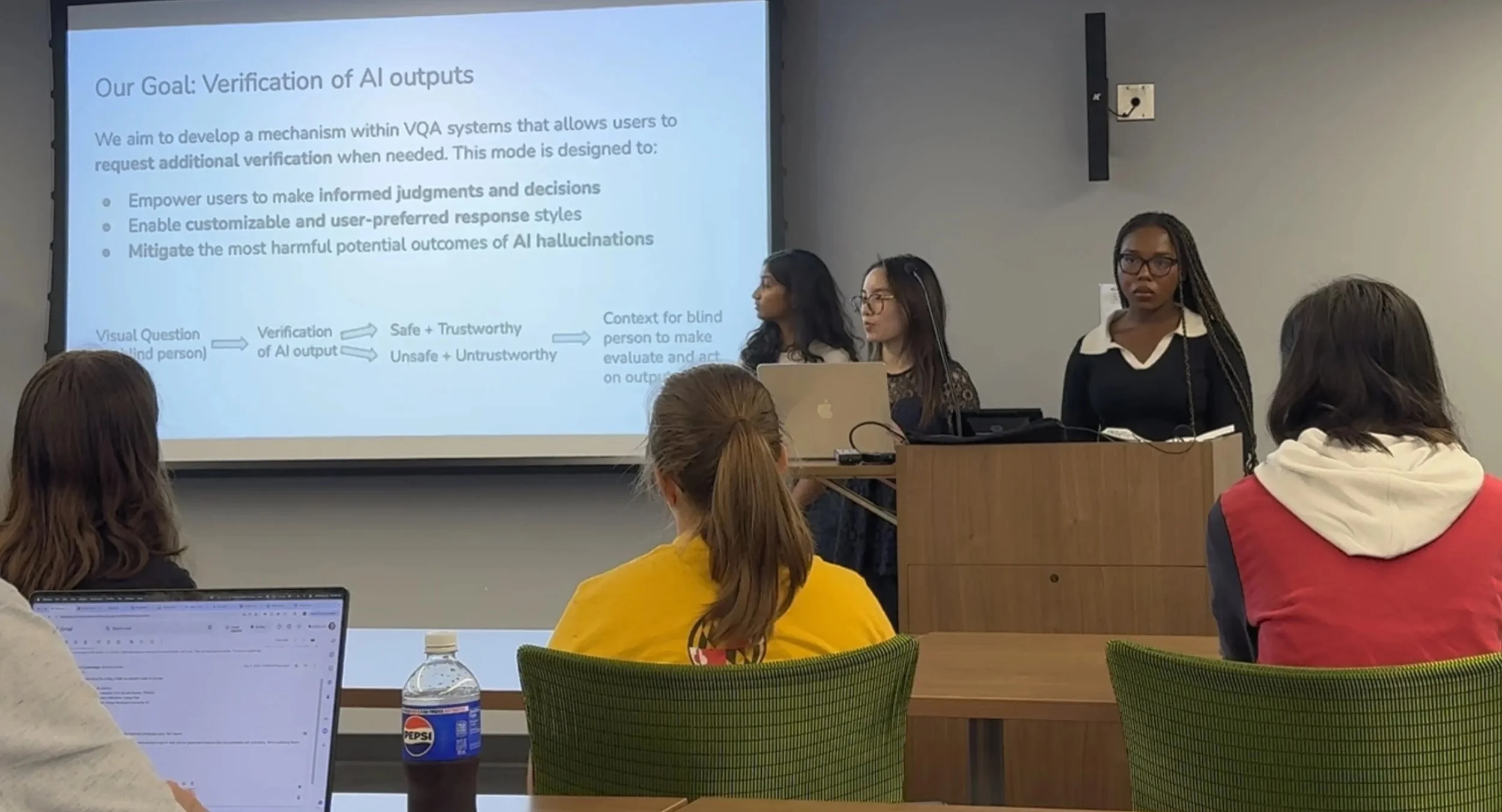
TRAILS Summer Fellows Develop Technology to Enhance Reliability in AI Responses for Blind Users
The five undergraduates spent 10 weeks at UMD working with the blind and low-vision community to develop a mobile app that adds verification layers to AI responses to make them more reliable and trustworthy.
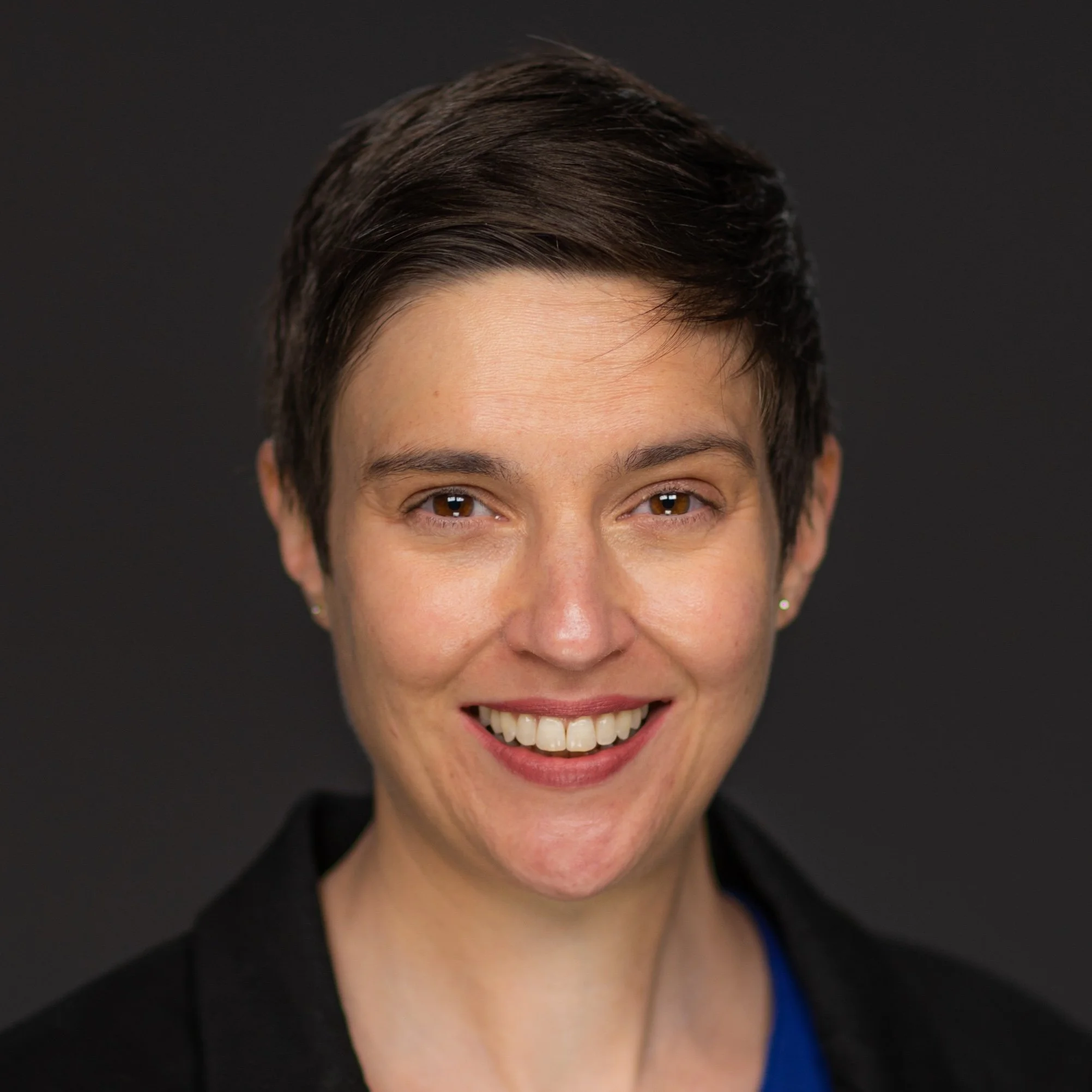
With AI Common on Campus, Some Educators Are Leaning In
UMD’s Katie Shilton discusses how AI tutors like TeachGPT can broaden individualized learning and encourage student questions—while stressing that classroom interaction is still vital.
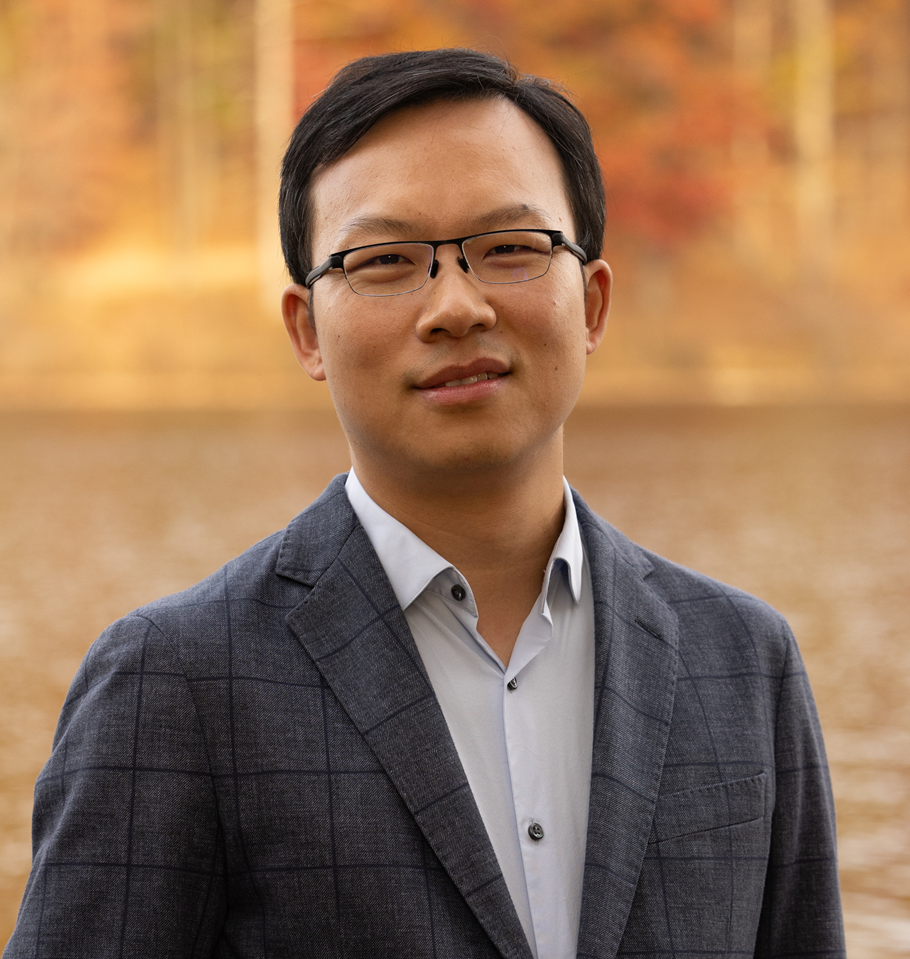
Artificial Intelligence is Being used in Schools, But Statewide Guidance is a Work in Progress
UMD’s Jing Liu told Maryland Matters that evidence-based research needs to be done quickly to help inform policymakers and school district leaders on how to design AI policy, which should include certain tools used to meet education standards and guardrails to ensure appropriate uses.
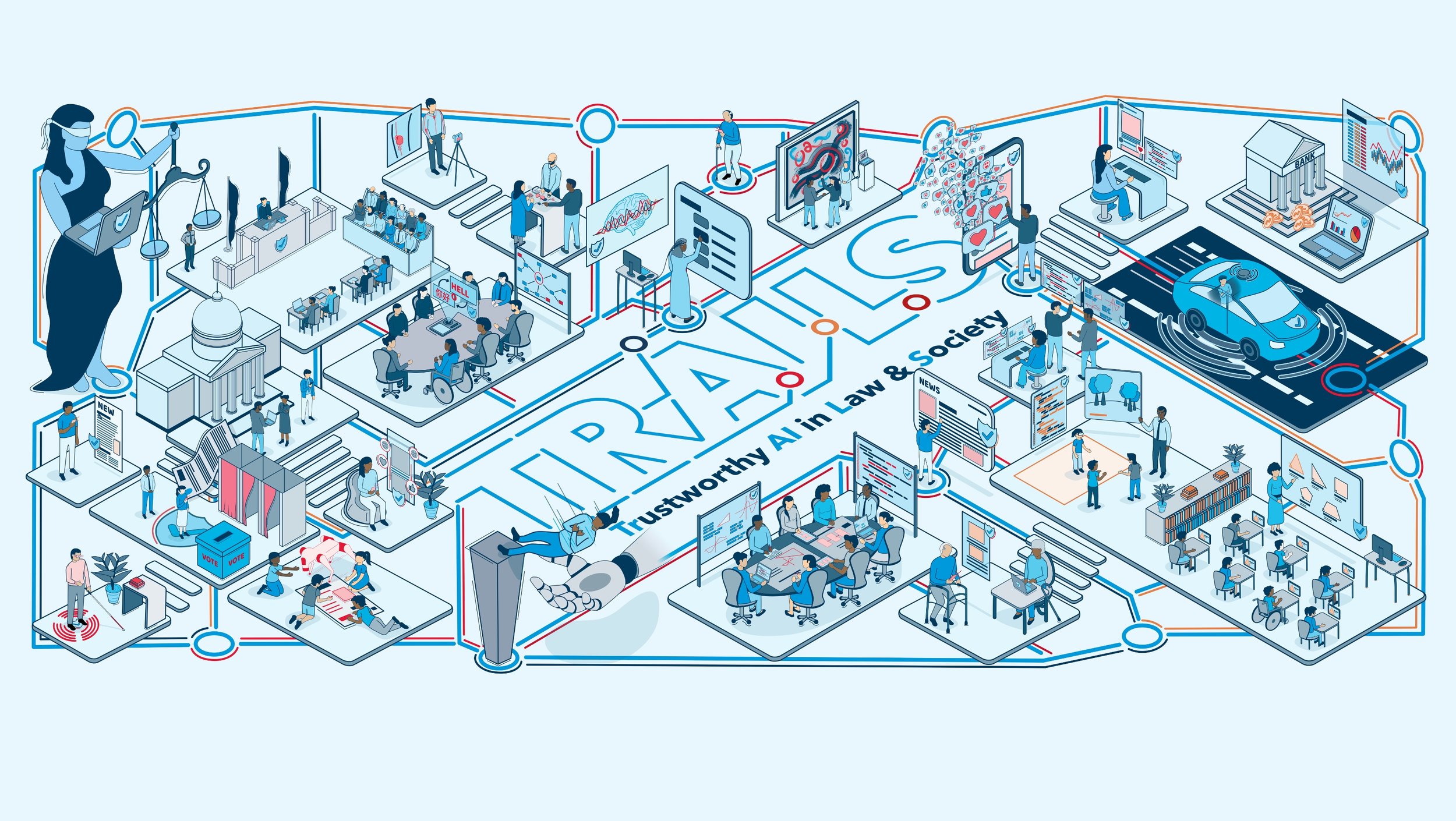
TRAILS Announces Third Round of Seed Funding
Seven grants totaling just over $750,000 were awarded to multidisciplinary teams representing all four of TRAILS’ academic institutions—the University of Maryland, George Washington University, Morgan State University and Cornell University.

Embodied AI Can Close the Nonverbal Communication Gap for Blind Individuals
UMD’s Huaishu Peng and Ge Gao collaborating with Cornell’s Malte Jung, are developing an AI-infused, touch-based and audio feedback device that can convey physical cues between blind and sighted co-workers that might previously have gone unnoticed.

TRAILS Researchers Part of Team Receiving $1.8M DARPA Award to Make AI More Trustworthy
UMD’s Soheil Feizi and Furong Huang are collaborating with experts at NYU to make AI-driven large language models more consistent, adaptable and secure in high-stakes environments.

Feizi Interviewed by CBS on AI Text Detectors
UMD’s Soheil Feizi explains how current AI detection tools are often unreliable and should be used with caution in high-stakes settings involving academic integrity.

UMD Researchers Investigate Security Threats to Web AI Agents
In a first of its kind study, UMD’s Furong Huang uncovered crucial factors underlying vulnerabilities of web AI agents, highlighting the need for enhanced security measures.
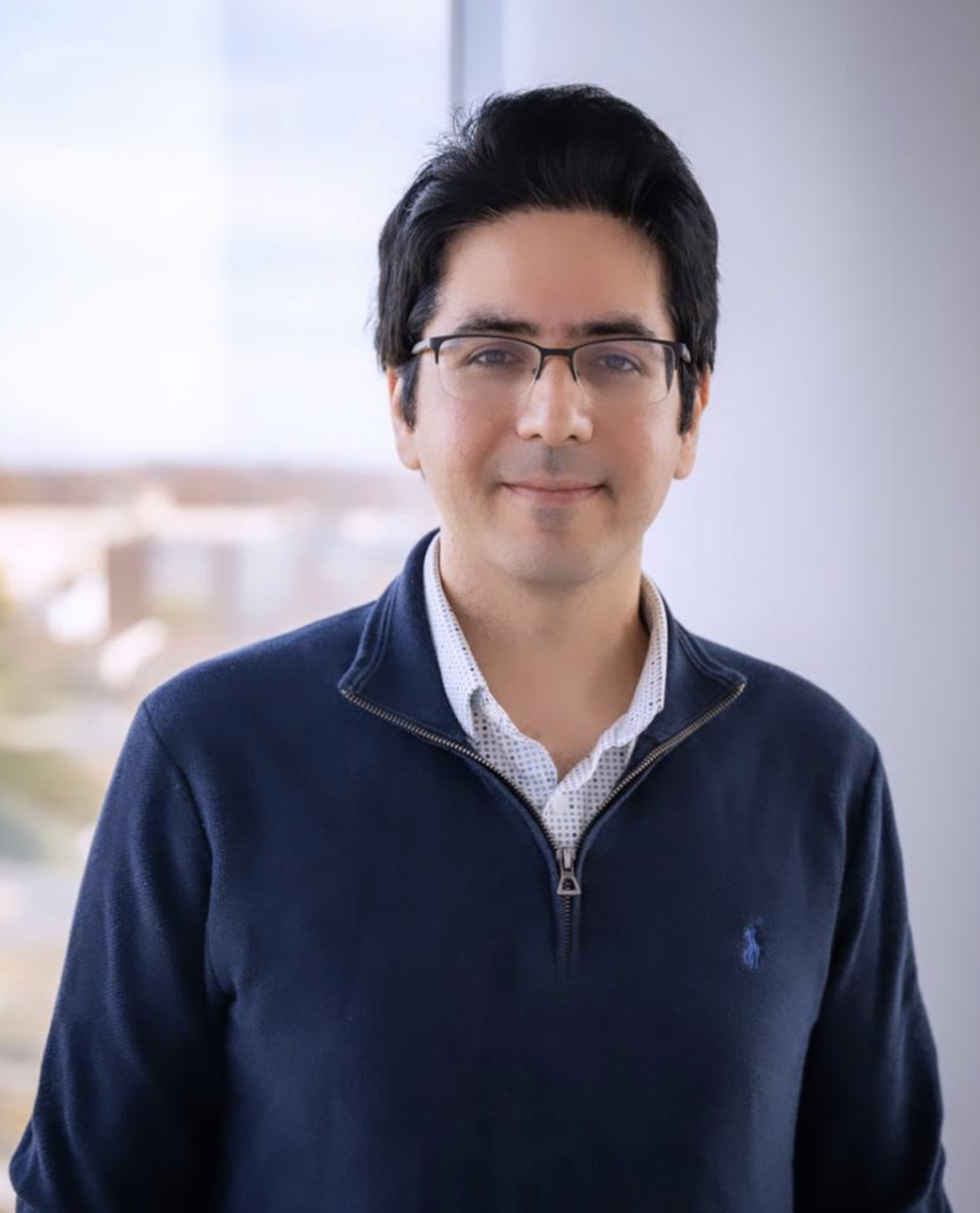
Feizi Receives $1M Award to Advance the Foundations of Reasoning AI Models
UMD’s Soheil Feizi is a recipient of the Presidential Early Career Award for Scientists and Engineers (PECASE).

Anti-Smoking Chatbots Provide Sound Advice—Most of the Time
GW’s Lorien Abroms and David Broniatowski evaluated three chatbots’ responses to users who asked for information about ways to stop smoking.

TRAILS Leadership Part of Winning Team in UMD Invention of the Year Competition
Hal Daumé III and Katie Shilton were part of a group that won in the social innovation category for their technology that can teach students in any discipline about AI and information literacy.
